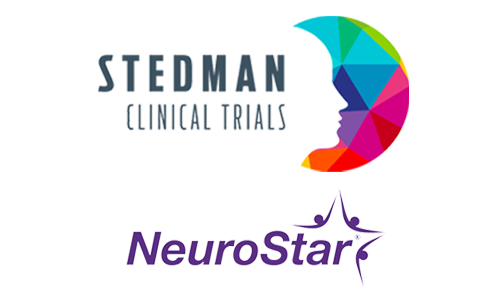
Depression & TMS Treatment in Tampa FL
When psychotherapy and antidepressant medications are not effective in treating the major depressive disorder, Transcranial Magnetic Stimulation (TMS) might be the right option for you. Offered for adults ages 18 and above, TMS is available at our practice as an outpatient treatment.
How Does TMS Treat Depression
TMS therapy treats depression by triggering parts of the brain that are inactive in patients with depression. During TMS therapy, magnetic pulses are directed to these regions. Below are some benefits of TMS treatment of depression:
- This procedure does not need anesthesia
- After the procedure, patients can go back to their normal daily routines.
- Current research shows that it is very effective in patients who have struggled with depression.
Procedure for TMS Treatment of Depression
Our specialist applies an electromagnetic coil to your forehead. This coil sends electromagnetic pulses that trigger nerve cells in the brain. The coil is applied close to a part of the brain that controls mood. This treatment does not require sedation or anesthesia. You will feel a minor tapping on your forehead from the pulses. Then a tapping sound for a while followed by a pause. In order for our team of experts to know the appropriate magnetic dosage, we increase the energy level until your fingers or hands begin to shake.
Furthermore, our TMS treatment involves a series of sessions; a standard course of TMS is 4 to 6 weeks. There is also a kind of TMS referred to as deep transcranial magnetic stimulation (dTMS), which can trigger deeper into the brain and affect a larger area. Our treatment sessions usually depend on the TMS coil used by our experts and the number of pulses sent but typically last around 30 to 60 minutes. Patients undergo TMS treatment 5 days a week. However, this depends on how you respond to treatment.
Contact Us Today
Contact us today at our practice to book an appointment. Our trusted experts will be happy to meet with you and discuss your treatment options.



